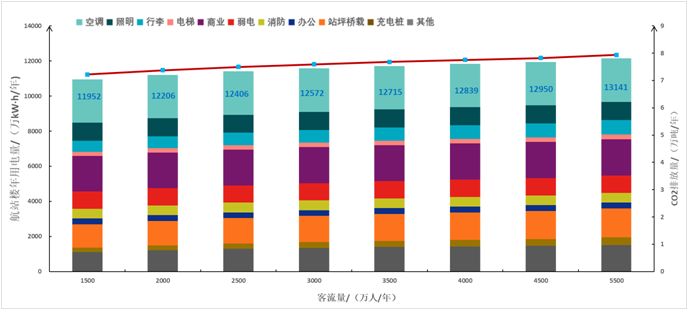As the transportation hub and logistics center of a city, large airport terminals consume at least twice as much energy as ordinary large public buildings do. Due to the large size and complicated mechanical and electrical equipment systems of airport terminals, it is necessary to study methods and approaches to improve the informationization level of energy management in airport terminals with a goal of achieving green and smart airport operation and management. To this end, Prof. Chen Chao's team worked with Beijing Daxing International Airport of Capital Airports Holding Company to explore effective methods and approaches to improve the informationization level of energy management in airport terminals in terms of energy consumption data analysis, operation and control management, energy saving and emission reduction management, and performance assessment index management, based on national, local and industry requirements for energy management.
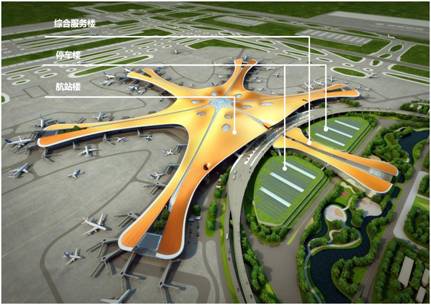
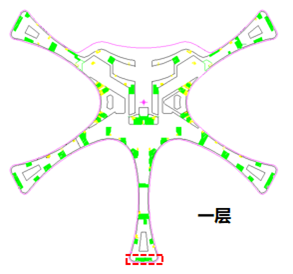
By focusing on the energy consumption characteristics of the main energy-using equipment systems in airport terminals, the team built a framework of the energy consumption index system of the terminals and proposed energy consumption management indexes of the main energy-using equipment systems based on relevant national and industry energy policies and energy performance evaluation methods. In addition, a work plan on the near-zero carbon emission of the Daxing airport was designed and proposed by taking into account the functions and characteristics of the terminals and the characteristics of the energy-using structures from an eco-friendly and low-carbon perspective.
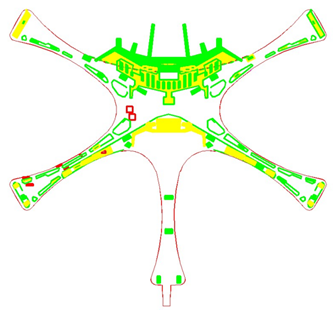
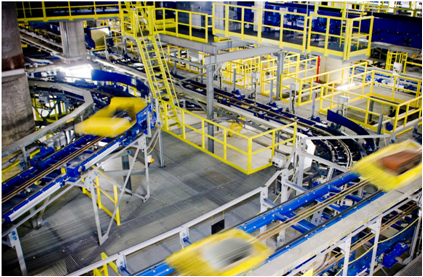
The research results can provide a reference for the working method and technical roadmap in the reasonable and smart use of energy and the efficient use of green energy for airport terminals of the same type.
